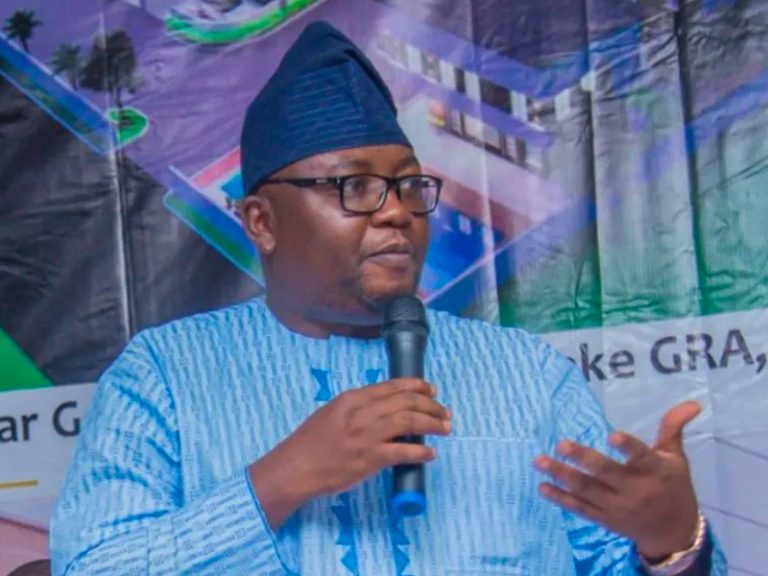
The Federal Government is finalizing an investment framework aimed at attracting private capital into the expansion and stabilization of Nigeria’s national grid, in a renewed push to ensure consistent and adequate electricity supply across the country.
Minister of Power, Chief Adebayo Adelabu, disclosed this in an exclusive interview, revealing that the government is developing clear terms and guidelines to enable private sector participation in the transmission segment of the power sector.
“We have received expressions of interest from investors willing to construct transmission lines,” Adelabu said. “However, we are putting in place a robust framework that ensures private investors can recover their costs and earn competitive returns. This is essential for sustainable participation on a commercial basis.”
He added that feasibility studies have already been commissioned to support this initiative, noting that while the national grid remains fully owned by the government, current fiscal limitations make it imperative to leverage private capital for its expansion.
“The grid is large and expanding, with some dedicated lines already attracting private sector interest,” the minister said. “Given the competition for federal funding across ministries, we cannot bear the cost of grid development alone.”
In a related development, Adelabu, through a statement issued by his Special Adviser on Strategic Communications and Media, Bolaji Tunji, highlighted significant milestones achieved under the ongoing Presidential Power Initiative (PPI), popularly known as the Siemens deal.
He credited the administration of President Bola Tinubu for accelerating the implementation of the initiative, including the signing of an Acceleration Agreement aimed at fast-tracking the delivery of critical components.
“The PPI, conceived in 2018 as a result of the strong bilateral ties between Nigeria and Germany, is focused on transforming Nigeria’s power sector by increasing capacity across generation, transmission, and distribution,” Adelabu noted. “President Tinubu has shown a firm commitment to the programme, ensuring governance structures are strengthened for faster contract execution and project implementation.”
Among the key developments under the Tinubu administration is the signing of a revised technical direction for the PPI, which now mandates Siemens Energy to focus solely on the modernization and expansion of the transmission network using a turnkey approach. Meanwhile, the distribution segment will be handled by other reputable Engineering, Procurement, and Construction (EPC) firms with proven technical and financial capacity.
These strategic shifts, the minister said, are projected to boost grid capacity by an additional 4,000MW by the end of 2026, with an aspirational target of 2,000MW more, in line with the Economic Management Team’s directive for 2024.
He also disclosed that 10 power transformers and 10 mobile substations have already been installed and commissioned across the country as part of the pilot phase of the PPI, with full implementation of the main phase underway this year.
“Under the Tinubu administration, FGN Power Company has delivered several transmission projects that have collectively added over 700MW of wheeling capacity to the national grid, serving industrial clusters, businesses, universities, and homes,” Adelabu stated.






